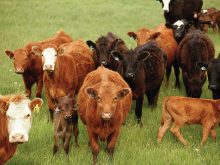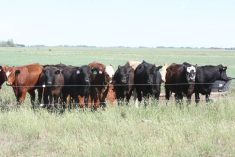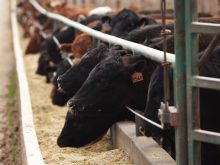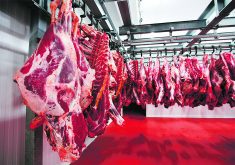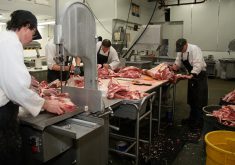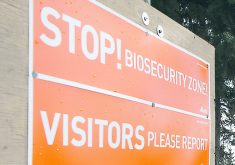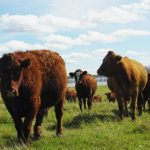The international reaction to a case of atypical BSE identified in an Alberta cow appears to be limited to South Korea’s restrictions on beef imports after news broke of the case more than two weeks ago.
The Canadian Cattlemen’s Association and the Canadian Food Inspection Agency expect those restrictions to be short lived .
Dennis Laycraft, CCA executive vice-president, said the move by South Korea stems from Canada’s particular export agreement requiring verification of information of BSE cases by Seoul.
“We would expect this suspension to be lifted very quickly,” said Laycraft. “It shouldn’t affect any of the product that’s been processed, going to be processed or shipped.”
Read Also
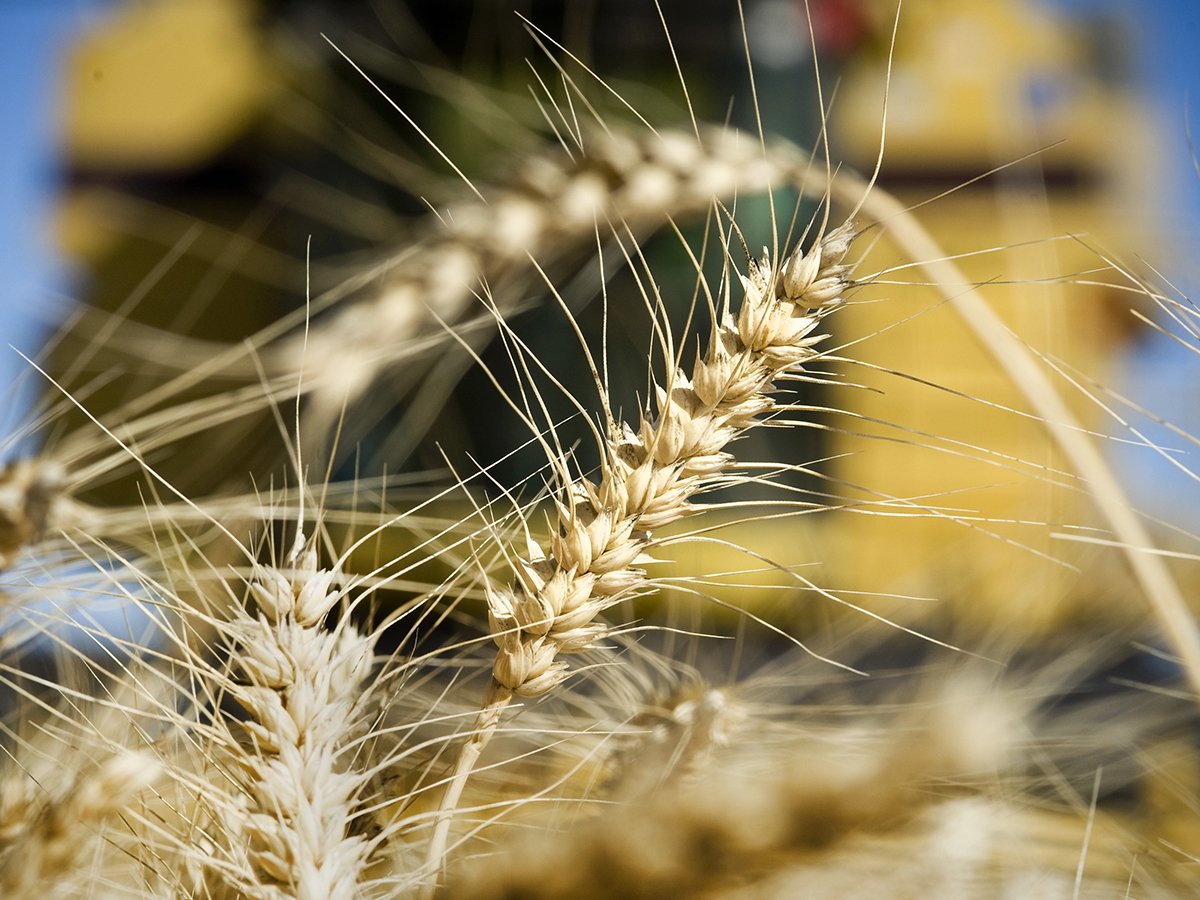
European wheat production makes big recovery
EU crop prospects are vastly improved, which could mean fewer canola and durum imports from Canada.
Laycraft highlighted the atypical nature of atypical BSE, which occurs spontaneously, though rarely, anywhere in the world.
The classic variant of BSE is caused by contaminated feed. Canada imposed strict regulations on feed ingredients and on the disposal of carcass parts known to transmit classic variant BSE after the prion disease was found in Alberta in 2003.
“Effectively, once you determine it’s atypical, your investigation is closed because you know it wasn’t the result of any exposure to the animal and certainly exposure to any cohorts,” said Laycraft.
South Korea’s Ministry of Agriculture, Food and Rural Affairs has asked the CFIA to provide further information, which has been done, according to a CFIA statement .
Laycraft said the particulars of the Canada-South Korea trade agreement require suspension of the beef imports until details of any case of BSE is shared with Seoul.
“We have a bit of a unique veterinarian certificate with South Korea, which I think is leading to this,” said Laycraft, adding the information Seoul is requesting should now be available to them.
He said the South Korean approach isn’t usually found in other beef trade agreements, especially regarding atypical BSE cases.
“We need to modernize the veterinarian certificate with a few countries, South Korea being one of them, now that we are in a negligible risk status,” said Laycraft.
The World Organization for Animal Health (OIE) certified Canada as having negligible risk of BSE earlier this year.
According to a statement from CFIA, that status is not expected to change.
“The detection and reporting of an atypical BSE case will not affect the OIE negligible risk status of Canada,” read the statement. “Canada has proactively engaged with trading partners to provide information about this detection and maintain the confidence in Canada’s safeguards against BSE.”
CFIA said it expects the South Korean restrictions to be temporary with no other countries following that country’s move.
Laycraft highlighted Canada followed all the regulations from the OIE regarding reporting of BSE, including that it was done within 24 hours of its discovery.
Alberta’s atypical BSE case was the first reported in North America since an eight-year-old beef cow in Florida was found with it in 2018.
Alberta’s last BSE case was reported in 2015.
Contact alex.mccuaig@producer.com






